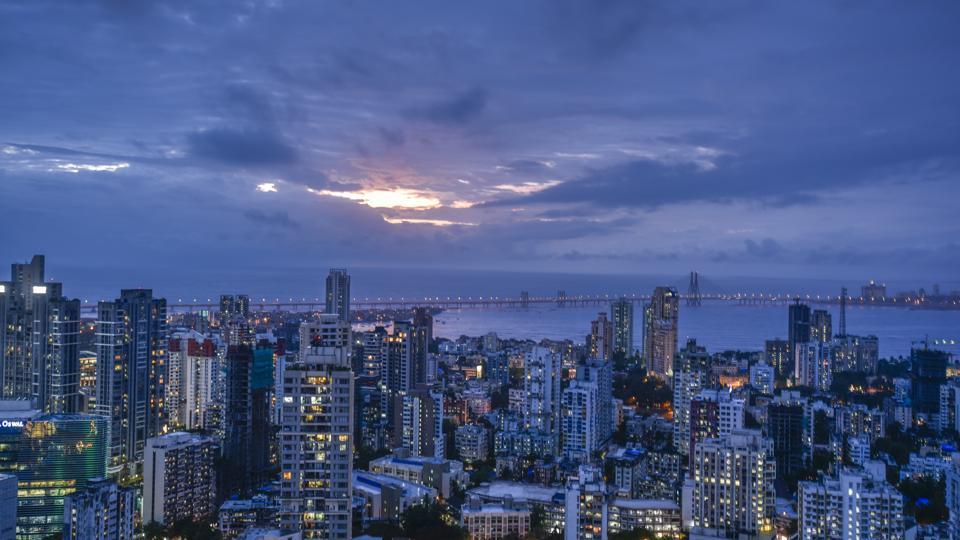

The controversy over the allegations against state housing minister Prakash Mehta has once again highlighted the mess in Mumbai’s multi-billion rupee real estate sector.
Mehta is accused of favouring builders in two different redevelopment projects. In one case, he allegedly tried to re-allot land under a transit camp, owned by government’s housing agency Maharashtra Housing and Area Development Authority (MHADA) in Ghatkopar, to a builder though MHADA had cancelled the allotment. He also allegedly directed relevant agencies to club the transit camp redevelopment project with rehabilitation of six slum pockets in the same area.
Clubbing the two projects would mean the builder would have availed up to 4 floor space index (buildable area) and this could have meant windfall for him. In another case, he was accused of allowing a developer to use extra buildable area available in one project to be transferred to the other. This case was related to a project in Tardeo. There have also been allegations related to flats his son and relatives got in a redeveloped building, again in Ghatkopar.
None of the allegations against Mehta have been proved yet. He has denied that he had any personal interest in the same. Whether these allegations are true or not will be clear if and when an inquiry is conducted. However, the episode reminds us about the much talked about issue when it comes to politics and governance in Mumbai: The builders-politicians-bureaucrats nexus in the city.
Mehta is not the first minister or politician who has faced such allegations and he surely would not be the last one to be accused of being hand in glove with builders. There will always be allegations of vested interests when politicians in power deal with the lucrative real estate sector.
Land is scarce in Mumbai which was originally an island city. Further, a large chunk of it is not open because of the rent control act that protects old tenants in island city as well as central government properties. The available land has become precious. There are barely any vacant plots available unless they are no development zones or disputed properties. As such, redevelopment is the only way to get land available for new constructions.
That includes land under slums, redevelopment of old private or government-owned colonies, redevelopment of old and dilapidated buildings and land occupied by defunct textile mills/industrial units.
The rules to make them available for vertical development are complicated and give enough scope for manipulations by bureaucrats and politicians who want a share of the pie. The prices of residential or commercial properties are steep and so are the profits. This also prompts developers to find loopholes or tweak the rules or sometimes resort to high-handedness to ensure super-profits.
This is the root cause of all the mess in the real estate sector in Mumbai. The prospects of super profits from Mumbai’s real estate are also the reason the houses in the metropolis have remained out of reach for majority of common Mumbaiites.
Those with limited income have to go to far-flung suburbs to buy houses and then spend four hours travelling between workplace and home everyday.
The huge amount of money involved in the real estate means tremendous influence in the corridors of power.
It also explains why chief ministers since 1995 have always made it a point to retain urban development department that governs the real estate development with them.
Sadly none of them have been able to put an effective check on the greedy elements. No political party is an exception.
The latest episode has once again pointed out why there is an urgent need to clear this mess and how nobody knows whether it is possible.
The stakes involved are too high.
[“Source-hindustantime”]




